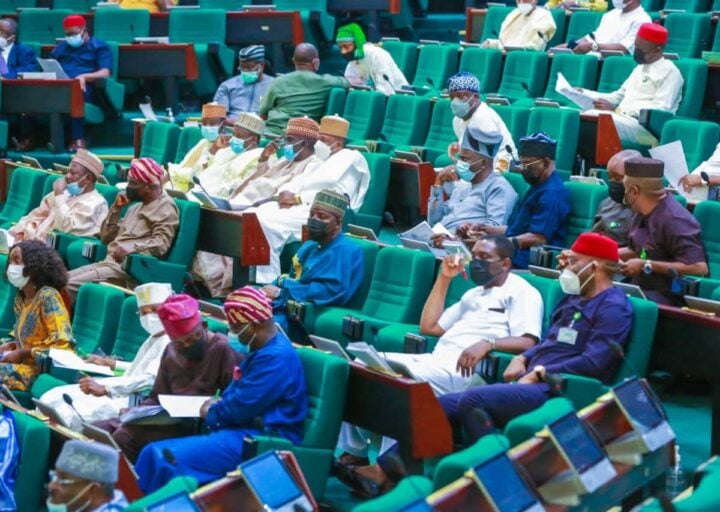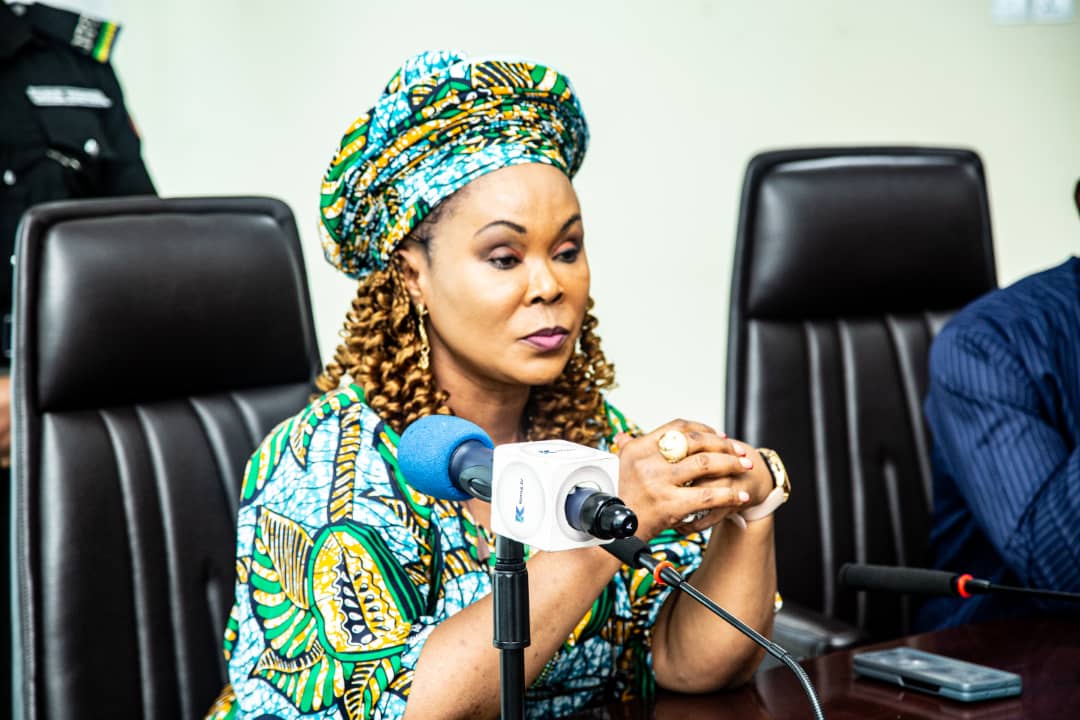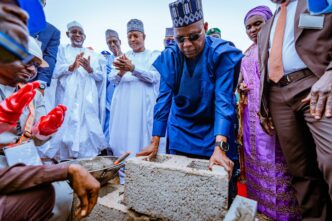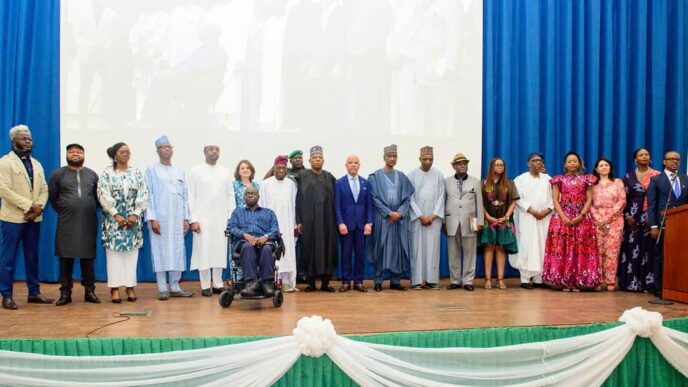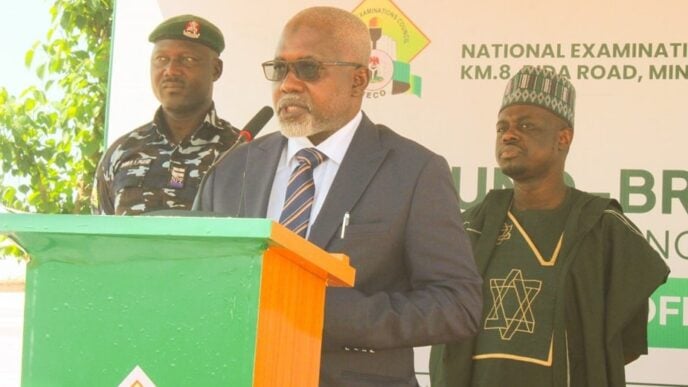The house of representatives committee on AIDS, tuberculosis, and malaria (ATM) is proposing that one percent of the consolidated revenue fund (CRF) be allocated to fight HIV/AIDS, tuberculosis, leprosy, and malaria.
Amobi Ogah, chairman of the committee, spoke on Friday at a retreat titled ‘Leadership for sustainability of the HIV response: The role of the Legislature’, organised for members of the panel in Lagos.
The lawmaker said if one percent of the CRF is earmarked to fight the diseases, it would reduce dependency on foreign grants and donors.
He added that the committee is committed to providing strong leadership for a sustained HIV response through collaboration with stakeholders.
Advertisement
“I have always argued that parliamentarians and representatives of the people must be carried along during programme conceptualisation and formulation to ensure ownership and enlightenment at the community levels,” Ogah said.
“If there are no engagements and interfaces between the National Agency for the Control of AIDS (NACA) and the legislature, we are likely to work at cross purposes.”
The legislature, as representatives of our communities, will continue to provide strong leadership that will engender a robust and sustained HIV response in Nigeria through collaboration and partnerships with relevant stakeholders to achieve the goal of eliminating HIV/AIDS as a public health threat by 2030.
Advertisement
“For this to be realised, funding is critical, as an estimated 8 billion dollars is needed annually to sustain the fight against HIV/AIDS.”
“The house committee on ATM has always advocated that the government must take the lead in the fight against HIV/AIDS, tuberculosis, leprosy, and malaria by providing the needed funds to drive the process of ending these diseases by the year 2030.
“The committee is proposing that 1 percent of the consolidated revenue be dedicated to the fight against HIV/AIDS, tuberculosis, leprosy, and malaria in Nigeria.
“This will reduce our overdependency on foreign grants and donor agencies. We also recommend that NACA be restructured into a multi-sector agency to manage these resources.
Advertisement
“We will continue to provide legislation that promotes comprehensive healthcare, supports research, ensures access to quality treatment, and strengthens partnerships that are crucial to our collective success.”
Ogah said the committee will intensify its oversight functions to ensure that funds allocated for the HIV/AIDS response are used appropriately.
He stressed the importance of stringent accountability measures to eliminate corruption and enhance transparency.
Addressing stigma and discrimination against people living with HIV/AIDS, Ogah said the committee will ensure that relevant agencies sanction organisations violating the law.
Advertisement
Also speaking, Temitope Ilori, the director-general of NACA, said there is a need for Nigeria to shift from reliance on international donors to taking ownership of the HIV response through a new business model utilising national and subnational structures.
Ilori stressed the global goal of eradicating HIV/AIDS by 2030, highlighting the importance of legislative support in achieving sustainability and effective coordination of the national response.
Advertisement
Advertisement
Add a comment
